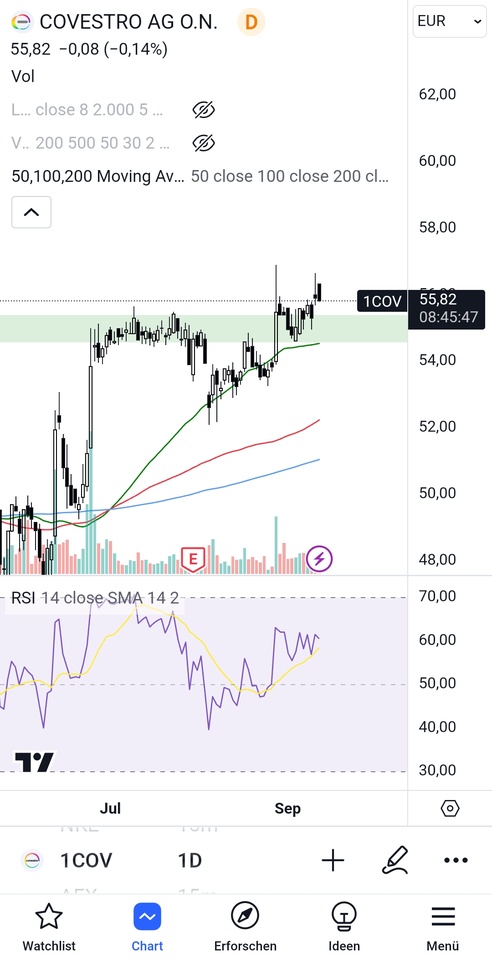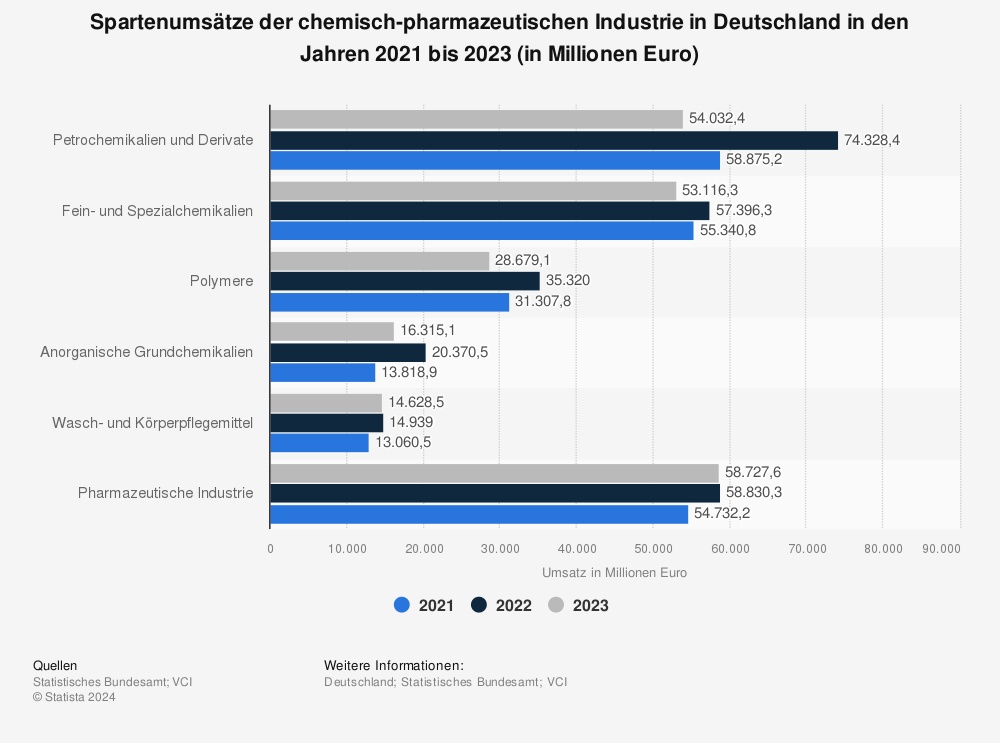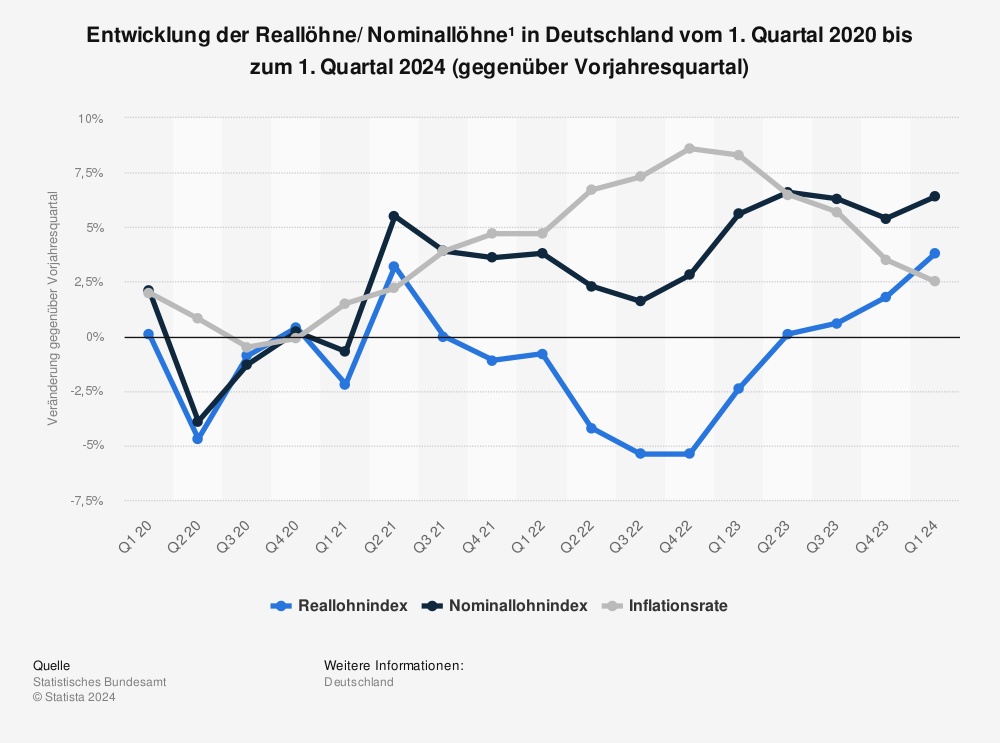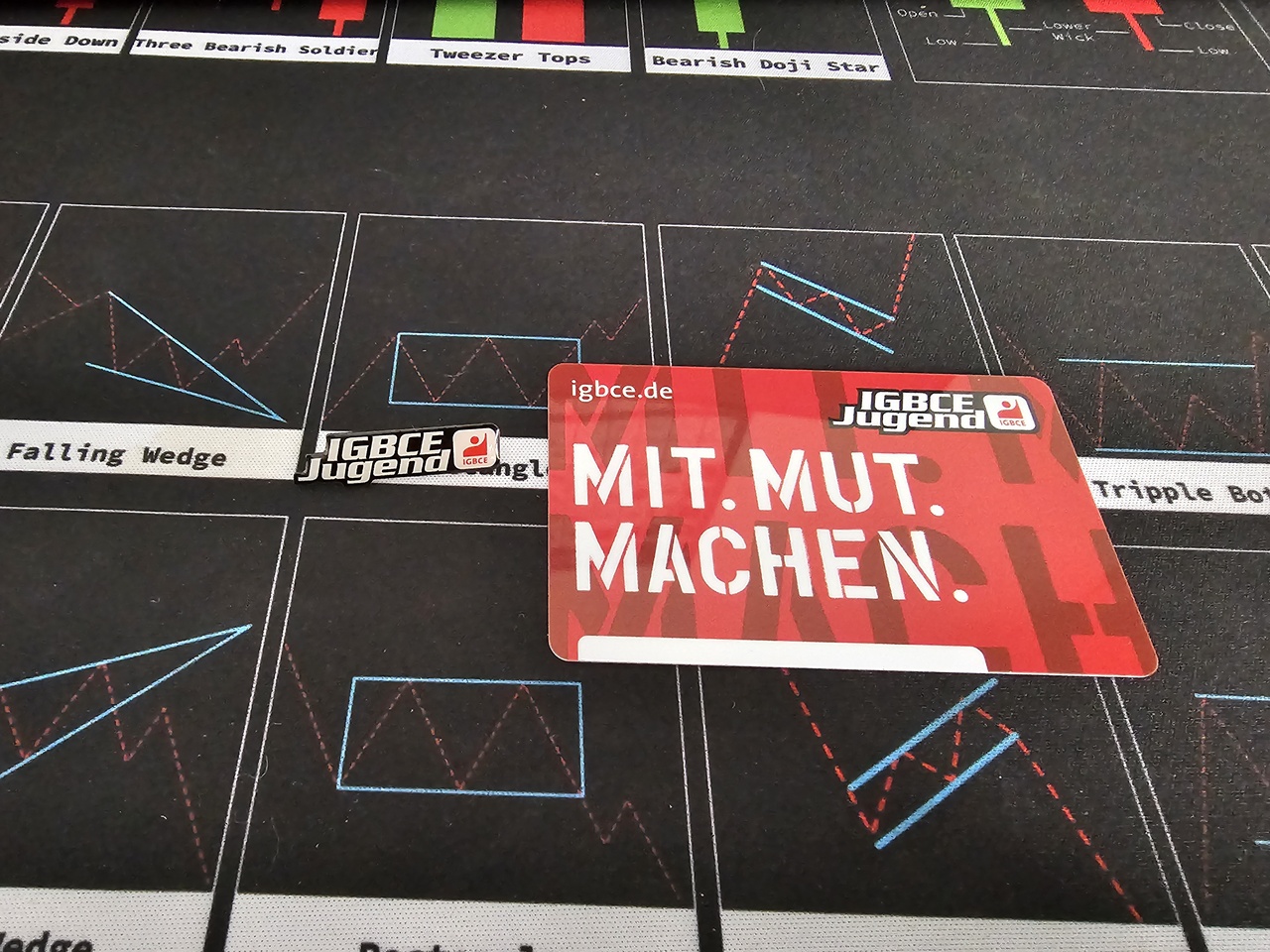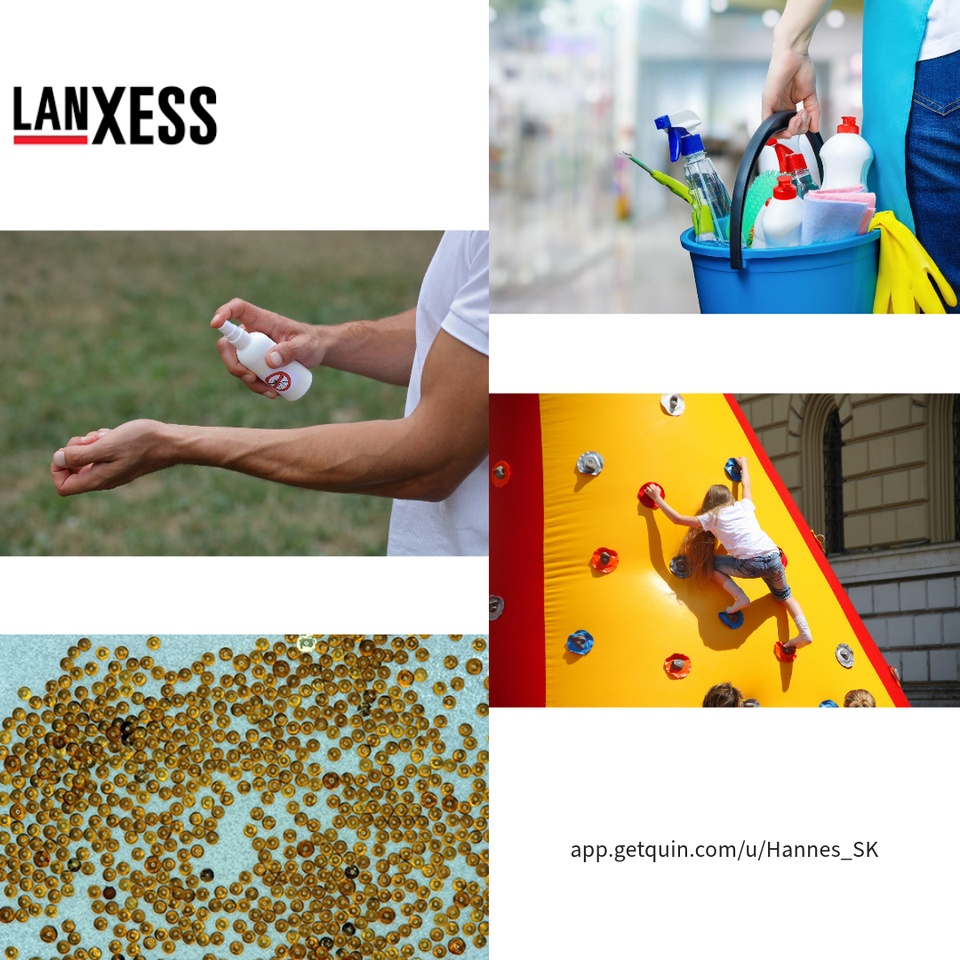After more than 25 years of negotiations, the EU and the South American economic alliance Mercosur (Brazil, Argentina, Paraguay, Uruguay) have concluded a historic free trade agreement. This creates one of the largest free trade zones in the world - with over 700 million people and a combined economic area worth around 22 trillion USD.
This agreement could trigger global economic and stock market effects - for companies, industries and investors.
_________________________
🛃🚢 What will happen to the Mercosur agreement?
- Tariffs on up to 91% of EU exports and 92% of Mercosur exports are to be gradually eliminated.
- The aim is to create a larger single market, better market access, simplified rules and more stable trading conditions between Europe and South America.
- Until now, high tariffs have applied to cars (approx. 35%), machinery (14-20%) and chemical products (up to 18%).
_________________________
📊 Possible effects on the stock market
📈 1. industries with strong exports benefit from higher demand
Europe can sell its products more easily in South America:
- 👩🏭 Cars & car parts
- 🏭 Mechanical engineering
- 🧪 Chemicals & pharmaceuticals
- 🪄 Electronics & high-tech
The elimination of customs duties and fewer trade barriers will increase the margins and competitiveness of these industries.
Possible examples of Frofiteurs:
- VW $VOW (-3,08 %) BMW $BMW (-4 %) Daimler $DTG (-1,45 %)
- Siemens $SIE (-2,69 %)
- BASF $BAS (-2,54 %) Covestro $1COV (-0,31 %)
- SAP $SAP (-1,07 %) , ASML $ASML (-0,43 %)
➡️ Expected share price impetus from higher export revenues and capped production costs.
_________________________
🍖 2. agricultural & food sector in focus
The agricultural business is also becoming more closely networked on both sides:
- Tariffs on wine, oil, cheese, dairy products and luxury foods are being reduced or gradually created.
- EU producers will gain greater market access in South America; conversely, South American agricultural exports (e.g. beef, sugar) will have better access to the EU.
Possible beneficiaries:
- Nestlé $NESN (-1,02 %) Danone $BN (-0,57 %)
- Heineken $HEIA (-1,46 %) AB InBev $ABI (-1,65 %)
- FrieslandCampina $FCEPL
⚠️ However, critics point out that price pressure on local farmers* also arises and environmental risks can increase, for example due to cheaper imports.
_________________________
🚗 3. raw materials & energy: medium to long-term effects
Mercosur countries export large quantities of raw materials:
- Soy, sugar, coffee, ethanol, grain
- Brazil is also a major supplier of crude oil and minerals
One of the aims of the agreement is more stable commodity trade with fewer tariffs, which can influence commodity prices and move the shares of commodity and energy companies.
Possible beneficiaries:
- Vale $VALE3 (-1,07 %) Petrobras $PETR3 (+5,13 %)
- Bunge $BG (+0,95 %) , ADM $ADM (+2,19 %)
_________________________
🏦 4. finance & services sector
The agreement also facilitates:
- Market access for financial services
- Opening of telecom and transportation markets
- Opening of public procurement to EU suppliers
➡️ This could strengthen banks, insurers and logistics companies that operate across borders.
Possible beneficiaries:
- Allianz $ALV (-2,43 %) Deutsche Bank $DBK (-1,58 %)
- DHL/Deutsche Post $DHL (-2,45 %) Kuehne + Nagel $KNIN (+2,32 %)
_________________________
🔄 Short-term market risks
Not everything is automatically positive:
- 🇪🇺 Agricultural protests in Europe show resistance to cheap imports.
- Political uncertainties remain - many parliaments need to ratify.
- Sectors with low competitiveness could come under price pressure.
_________________________
📌 Conclusion
The Mercosur agreement could be an issue with far-reaching effects:
✅ Strong export industry gains new sales markets
✅ Agricultural and luxury food sector gains sales opportunities
✅ Financial and service sector benefits from market expansion
✅ Raw material exporting countries in South America could become more integrated
⚠️ At the same time, there are risks for local producers and price distortions that could have a regional impact on share prices
_________________________
Question for you: What is your opinion on the agreement? And in which sectors or listed companies do you see the biggest winners in the long term?
_________________________
Sources:
- 💶📈 Wirtschaftliche Chancen für EU-Exporteure und Importeure durch Zollerleichterungen
- ⚙️🚗 Branchenanalysen mit Zollabbau-Effekten für Maschinen, Autos, Chemie etc.
- 🌾🥩 Agrar- und Rohstoff-Impakte durch neue Marktchancen und Quotenregelungen







